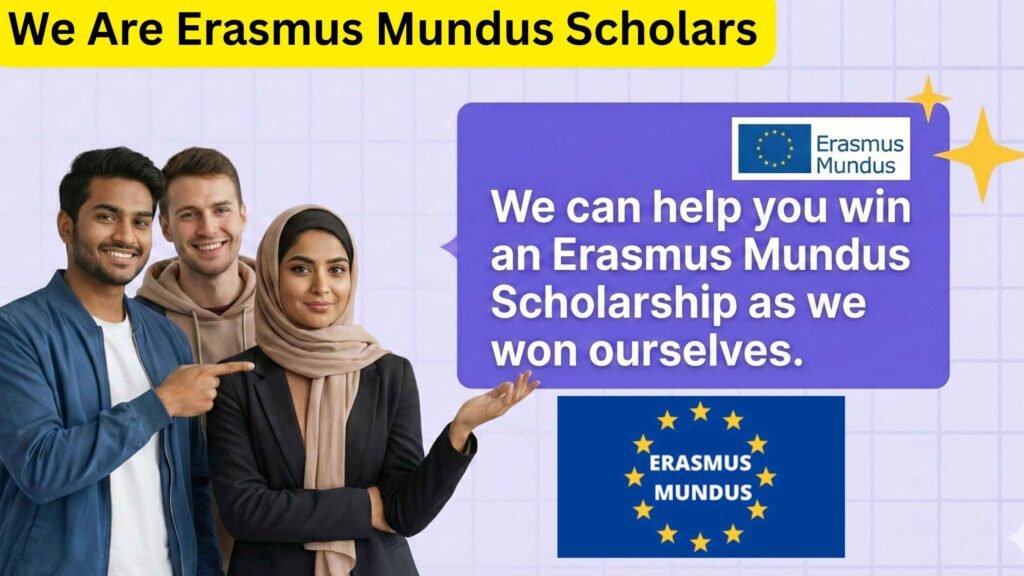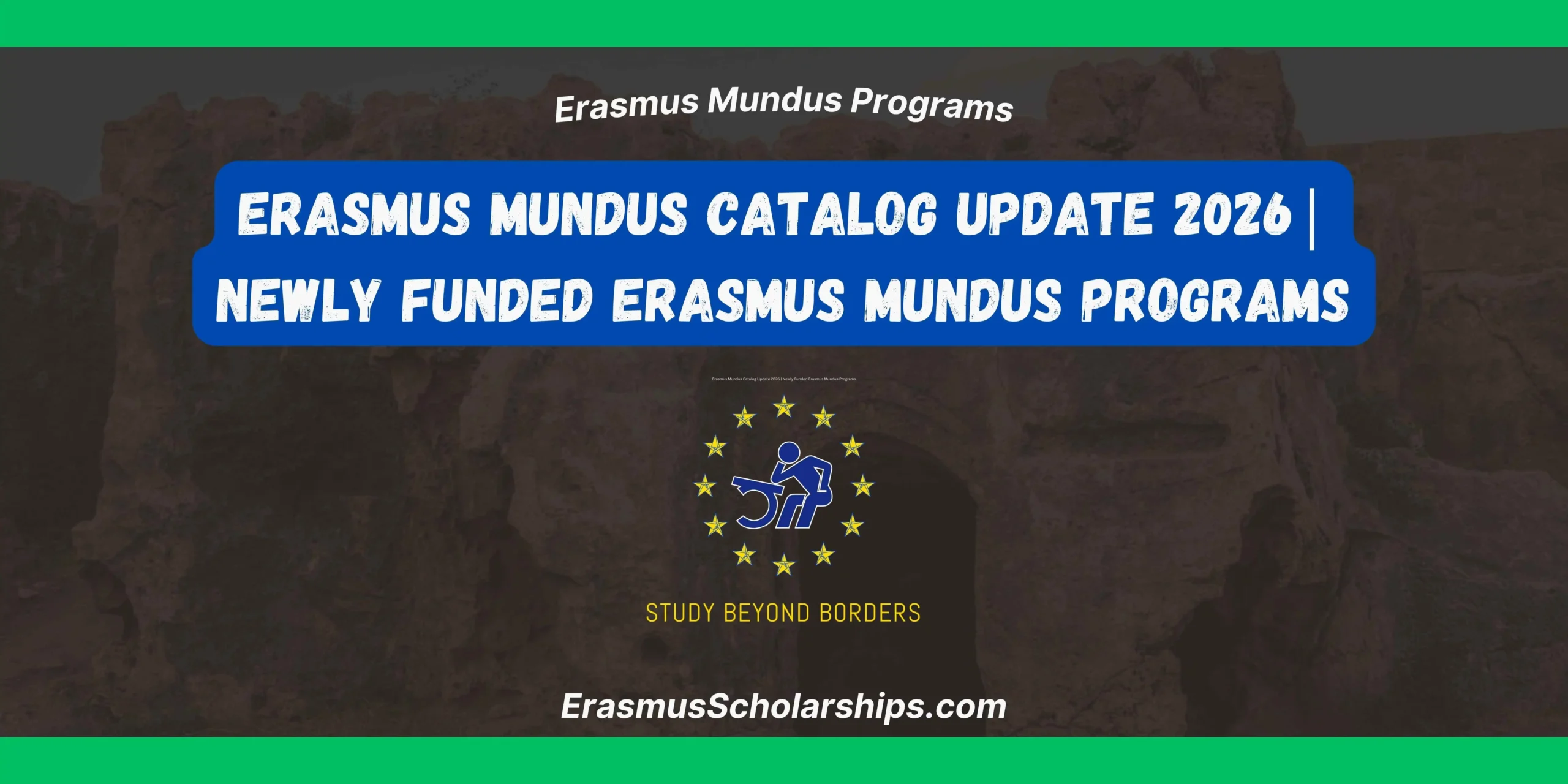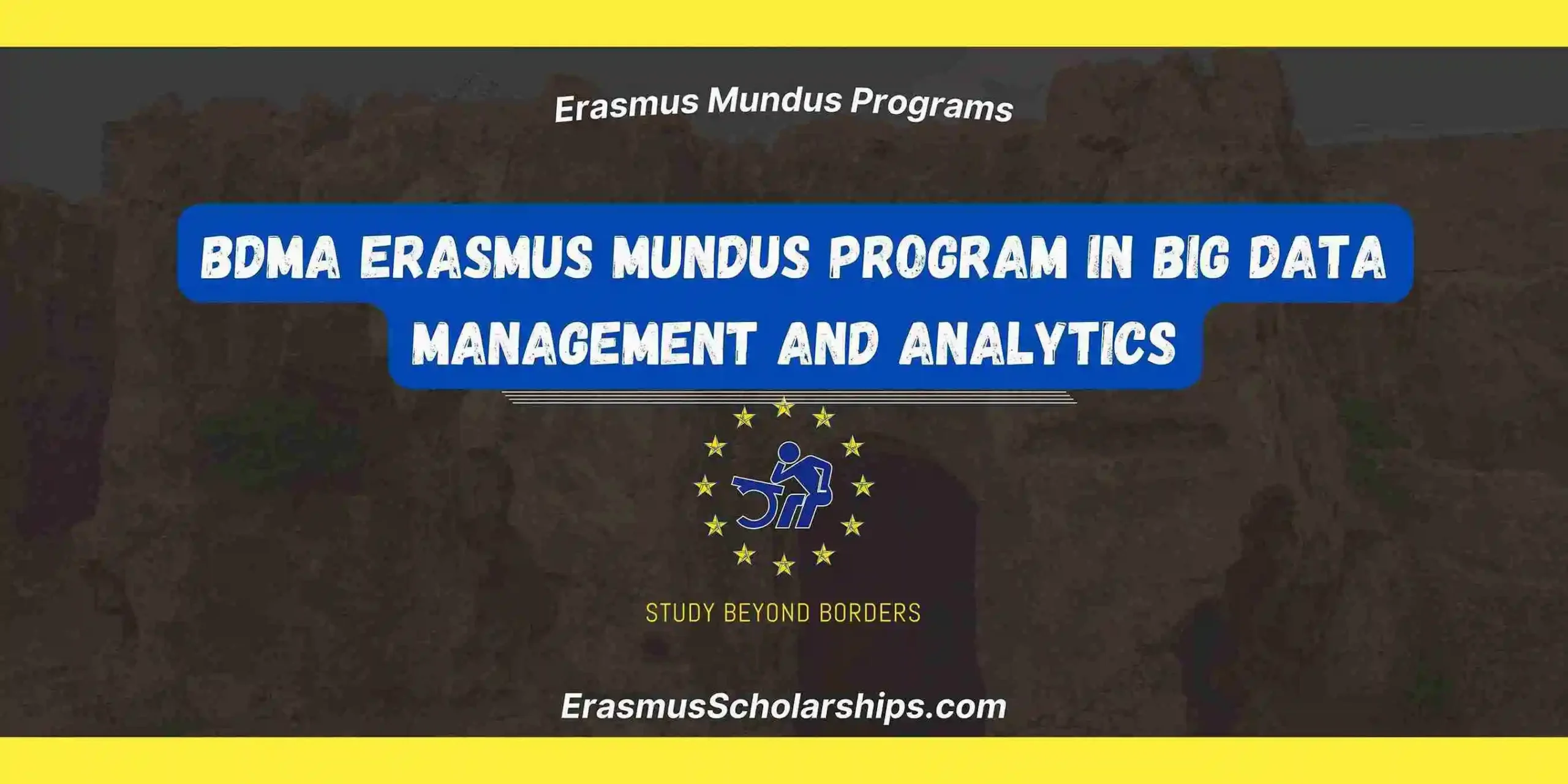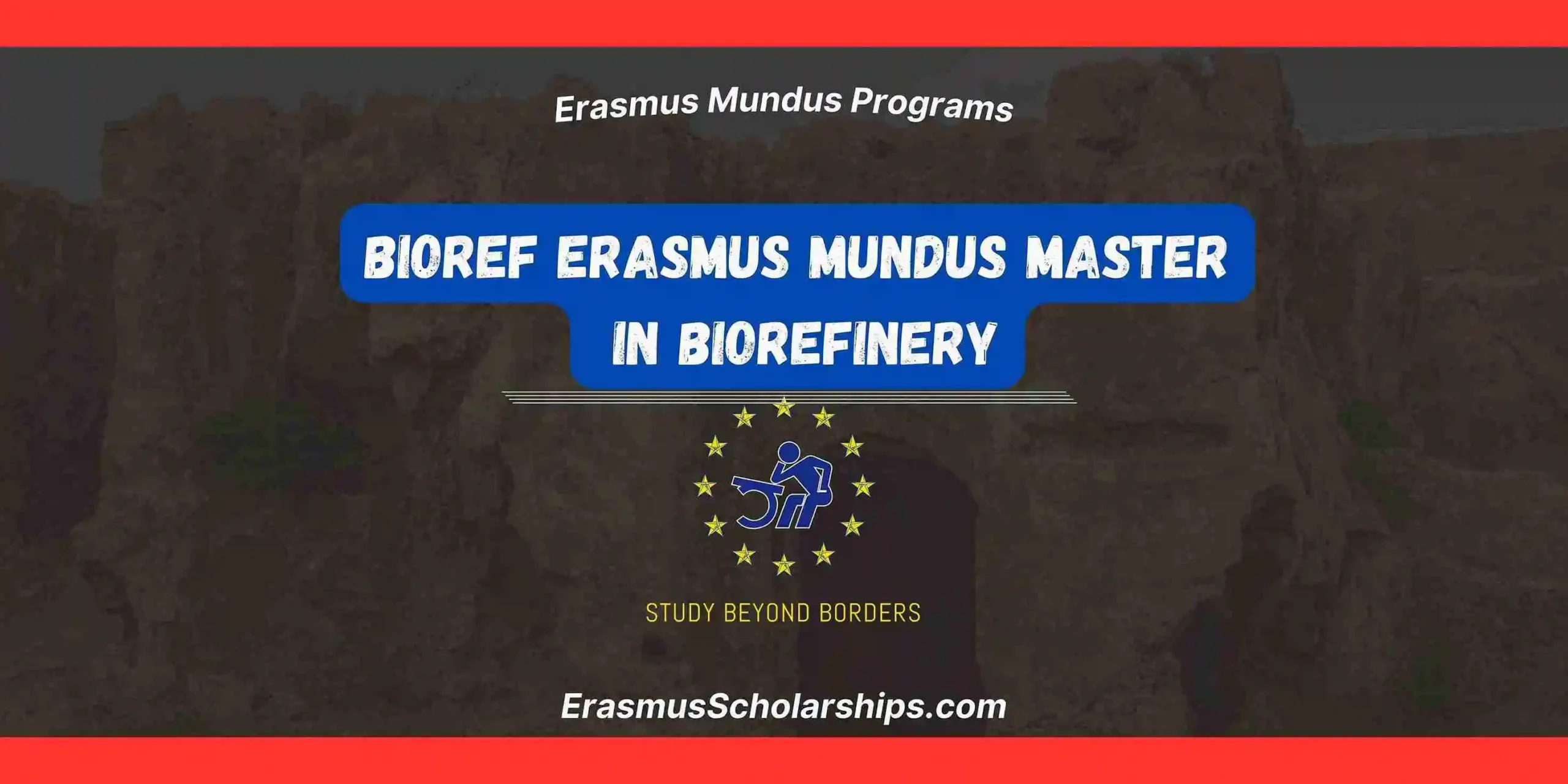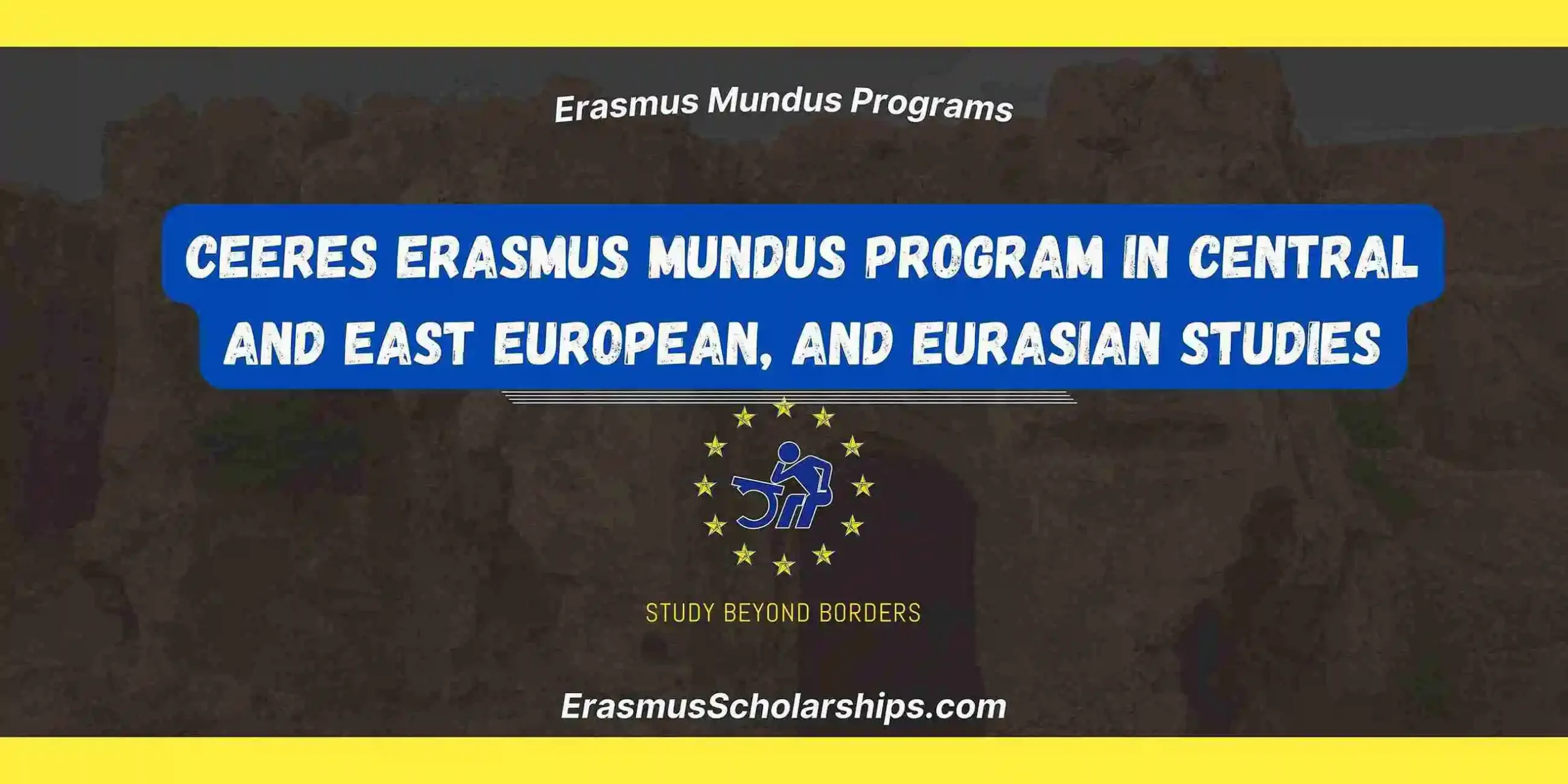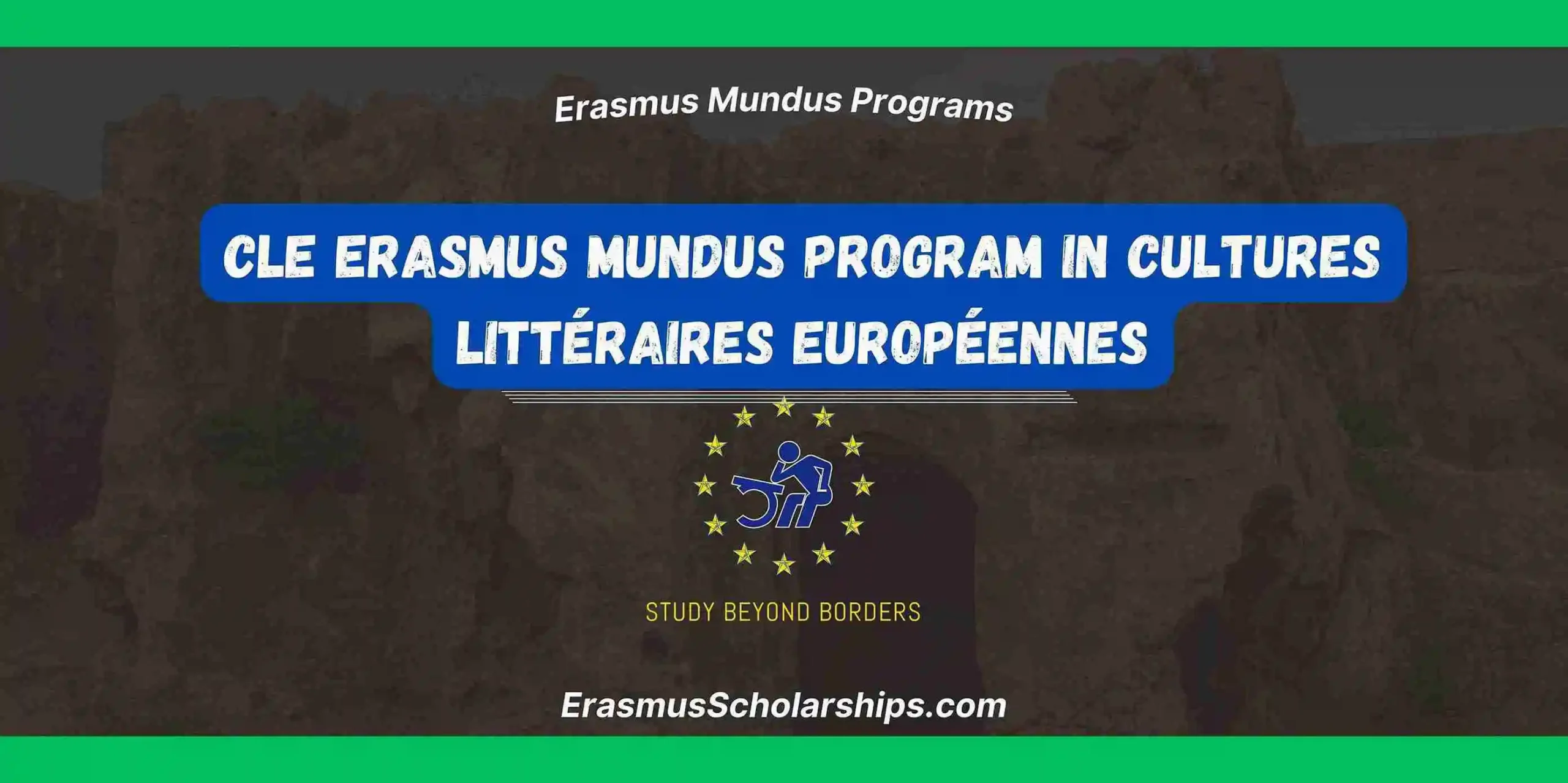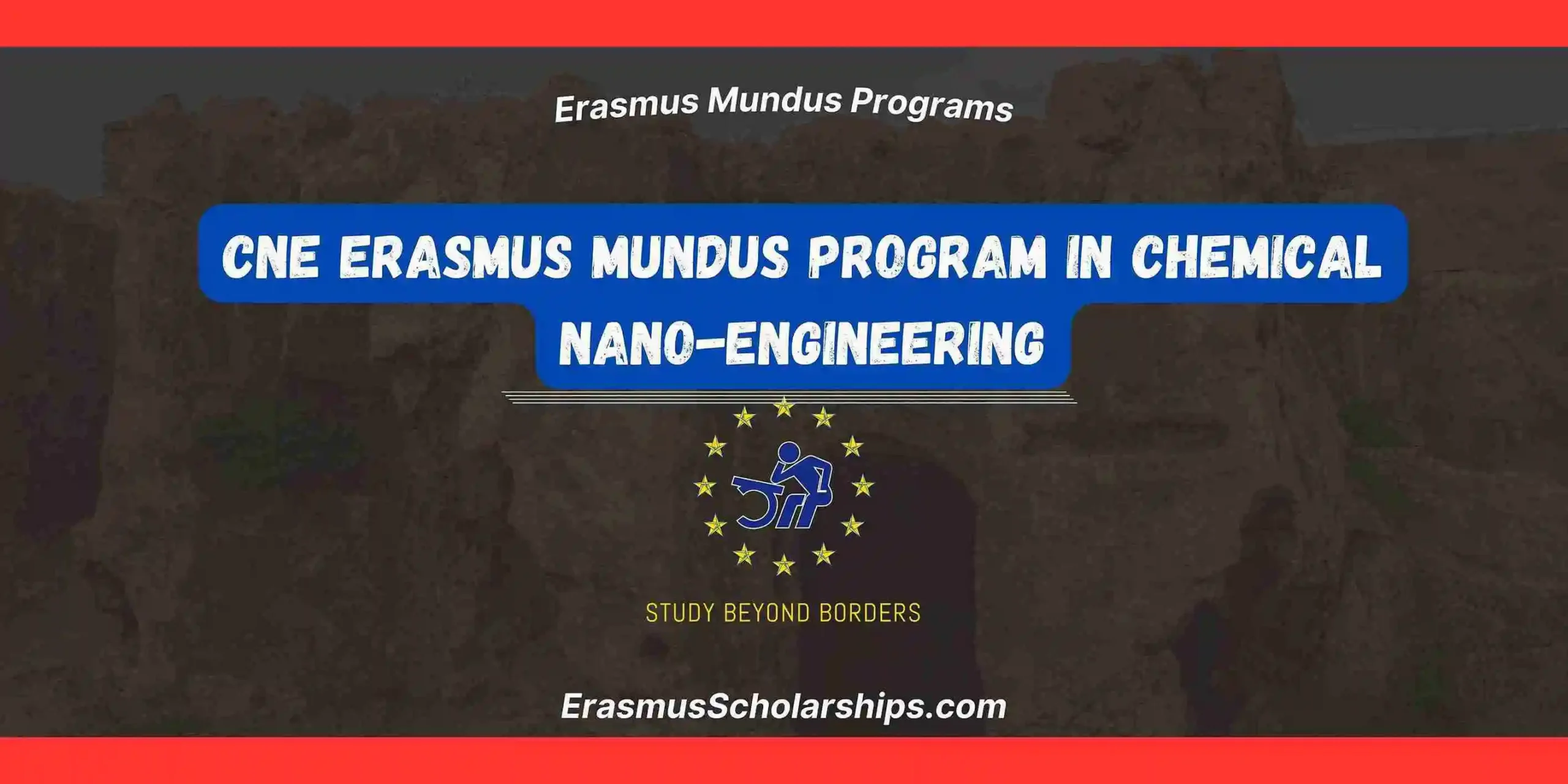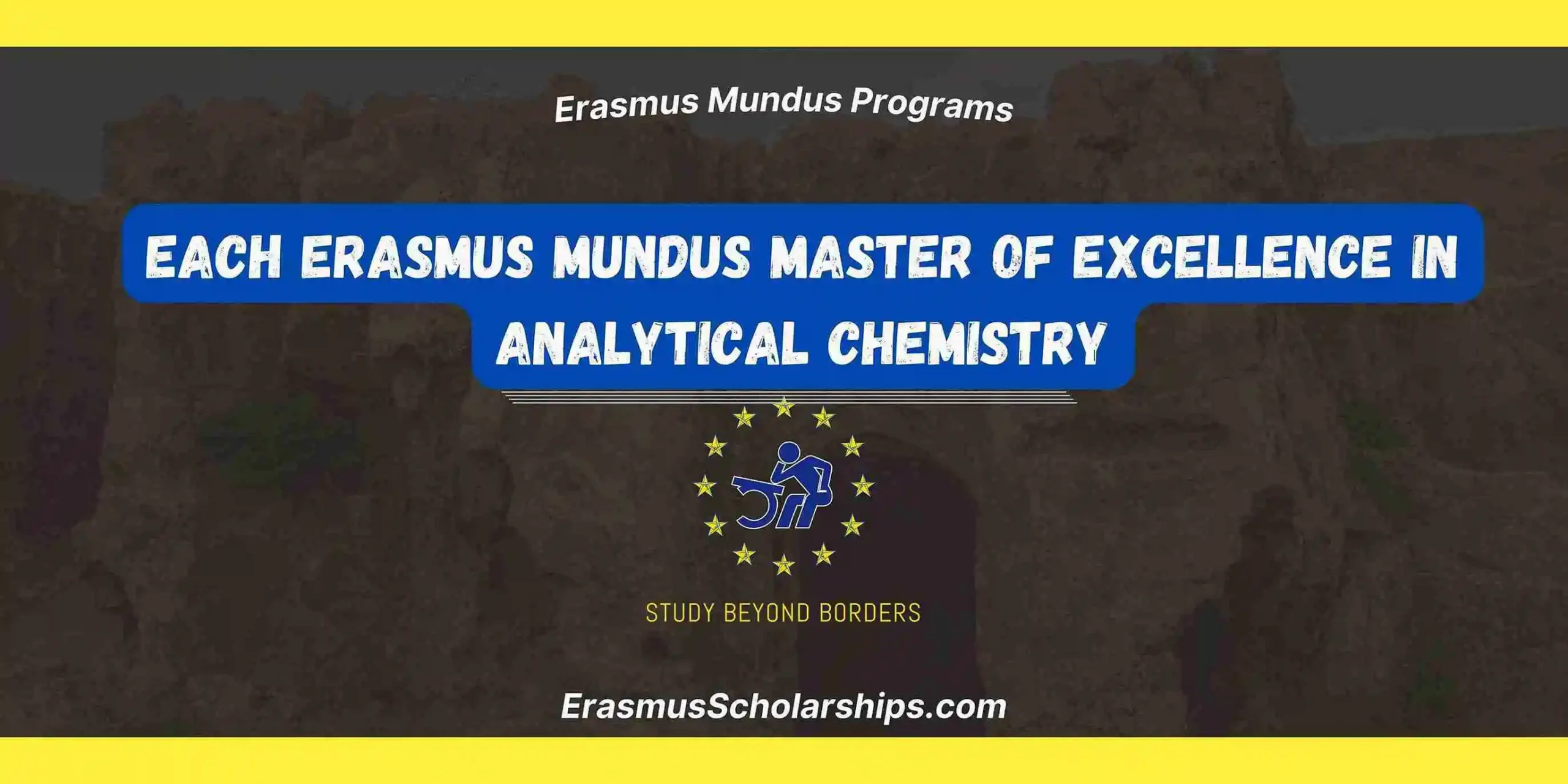The GEMMA Erasmus Mundus Master’s Degree in Women’s and Gender Studies is a distinguished, interdisciplinary two-year programme that seamlessly blends Humanities, Social Sciences, and Gender Studies. As the first and only Erasmus Mundus master’s in this field in Europe, GEMMA offers an academically rigorous experience delivered by a renowned consortium of universities. It equips students with both the theoretical frameworks and practical competencies needed to address gender equality, intersectionality, and social justice across global contexts.
Students benefit from immersive learning and mobility, studying at two of the consortium’s prestigious European institutions and earning two master’s degrees. GEMMA’s flexibility includes immersion courses, summer schools, internships, and extensive mobility paths, making it a powerhouse of international collaboration and academic excellence in Women’s and Gender Studies.
Project Status
- Status: Ongoing
- Start date 01-10-2019
- End date 31-10-2025
- Action Type: Erasmus Mundus Joint Master
- Universities Involved
- Countries Involved
The GEMMA Erasmus Mundus program is a Master’s in Women’s and Gender Studies offered by leading European universities.
| University of Granada |
| University of Bologna |
| Central European University |
| University of York |
| University of Oviedo |
| Utrecht University |
| Spain |
| Italy |
| Austria |
| United Kingdom |
| Spain |
| The Netherlands |
This cross-border collaboration allows students to gain an international perspective while studying and researching in the heart of Europe’s academic and industrial hubs.
Description of the GEMMA Erasmus Mundus Program
GEMMA Erasmus Mundus is a transnational academic programme designed to train experts in women’s and gender studies, focusing on equality, diversity, and responsible citizenship. It’s academically robust, internationally renowned, and interchangeable across seven participating universities, offering double-degree qualification and immersive interdisciplinary opportunities.
Key Features of the GEMMA Erasmus Mundus Program
- Double Master’s Degrees from two institutions
- Mobility across two selected universities (Home & Mobility)
- Core modules (Feminist History, Theory, Methodology) + elective specializations
- Elective coursework and summer schools
- Internships and thesis supervision (20,000–30,000 words) co-managed by both institutions
- Languages of instruction: English, Spanish, Italian (depending on institution)
Mobility Tracks of the GEMMA Erasmus Mundus Program
- Four semesters (120 ECTS total):
- 1st sem: Core modules at Home University (30 ECTS)
- 2nd sem: Electives at Home University (30 ECTS)
- 3rd sem: Electives at Mobility University (30 ECTS)
- 4th sem: Master’s thesis at Home or Mobility University (30 ECTS)
- Around 54 possible two-institution combinations (excluding Granada–Oviedo and Oviedo–Granada paths)
- Special limited mobility to Rutgers (USA) available for select scholarship holders
Admission Requirements
- A recognized Bachelor’s degree (Spanish, EHEA, or equivalent non-EHEA) qualifying for postgraduate admission
- Application typically includes: portfolio/CV, motivation statement, academic transcripts, letters, possibly interview (common in Erasmus Mundus selection)
How to Apply for GEMMA Erasmus Mundus Program
- Visit the official GEMMA site and review “Apply” and “Documents” sections
- Prepare required documents: certified transcripts, portfolio (detailing education, work, skills, etc.)
- Submit through the application portal—follow deadlines carefully (typically early-year open calls)
- If shortlisted, attend the interview (often weighted heavily)
- Apply for Erasmus Mundus scholarship in parallel, if eligible
Tips to Win the GEMMA Erasmus Mundus Program
- Highlight interdisciplinary experience and commitment to gender equality
- Polish your portfolio, include education, work experience, language/digital skills, and standout projects (up to 5)
- Craft a compelling motivation letter showing passion and clarity
- Secure strong recommendation letters
- Prepare thoroughly for any interview, reflect academic and interpersonal competence
- Emphasize global and inclusive perspectives aligning with GEMMA’s values
Application Timeline
- Opens: October
- Deadline: January
- Enroll: Starting September following selection
Curriculum Structure of the GEMMA Erasmus Mundus Program
Coordinator Contact
- E-mail: gemma@ugr.es
- Tel: 0034 958 244 349
Alumni Feedback
“The GEMMA Erasmus Mundus program has been a transformative experience for me. It not only strengthened my theoretical understanding of gender studies but also gave me solid methodological tools to carry out meaningful research. Studying within such a diverse and international environment helped me grow academically and personally, and it prepared me to contribute to the field of gender equality with greater confidence.”
~Carmen Ruíz
Frequently Asked Questions (FAQs)
What is the GEMMA Erasmus Mundus program
The GEMMA Erasmus Mundus program is a two-year Master’s in Women’s and Gender Studies delivered by a consortium of leading European universities. It provides students with advanced knowledge of feminist theory, gender research, and interdisciplinary approaches.
How long does the GEMMA Erasmus Mundus program last?
The GEMMA Erasmus Mundus program spans four semesters (two academic years) and requires students to study at two different universities within the consortium.
What degrees will I receive after completing the GEMMA Erasmus Mundus program?
Graduates of the GEMMA Erasmus Mundus program receive a double Master’s degree awarded by the two universities where they complete their studies.
What are the admission requirements for the GEMMA Erasmus Mundus program?
To apply for the GEMMA Erasmus Mundus program, candidates must hold a recognized bachelor’s degree that qualifies for postgraduate study, along with submitting academic transcripts, a motivation letter, a CV, and recommendation letters.
Can I write my thesis in English in the GEMMA Erasmus Mundus program?
Yes, the thesis in the GEMMA Erasmus Mundus program can be written in English, Spanish, or Italian, depending on the universities involved.

